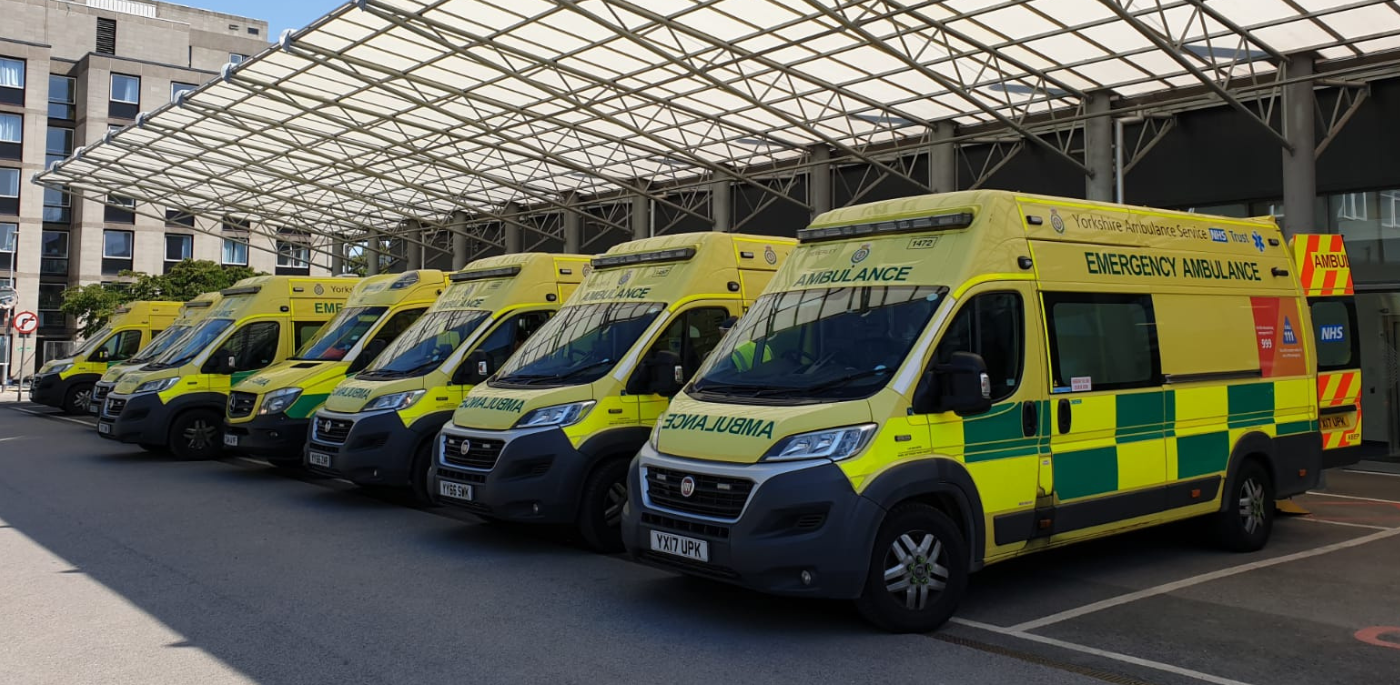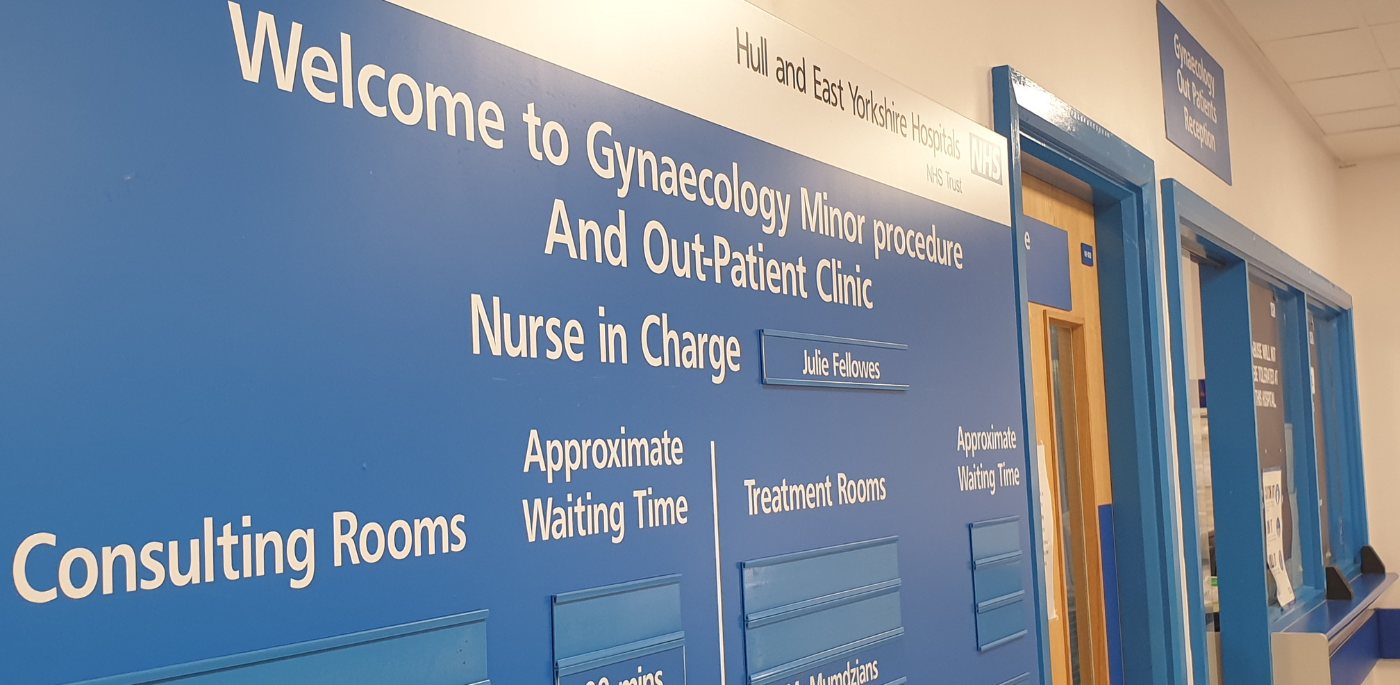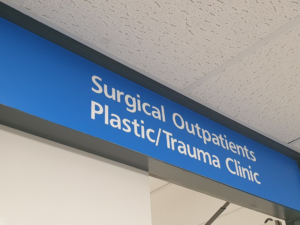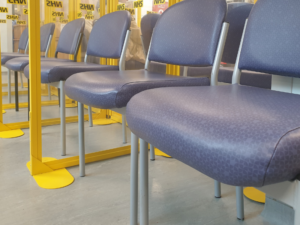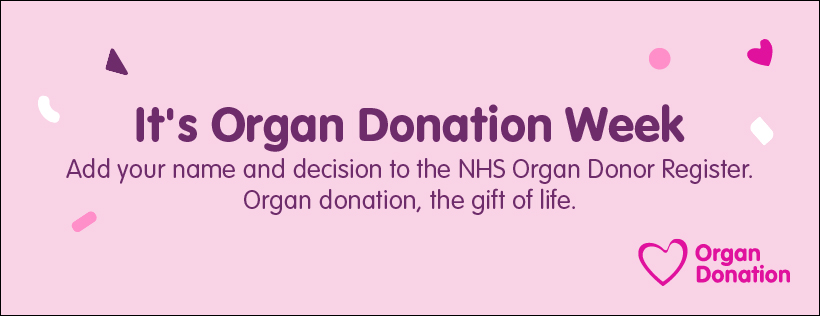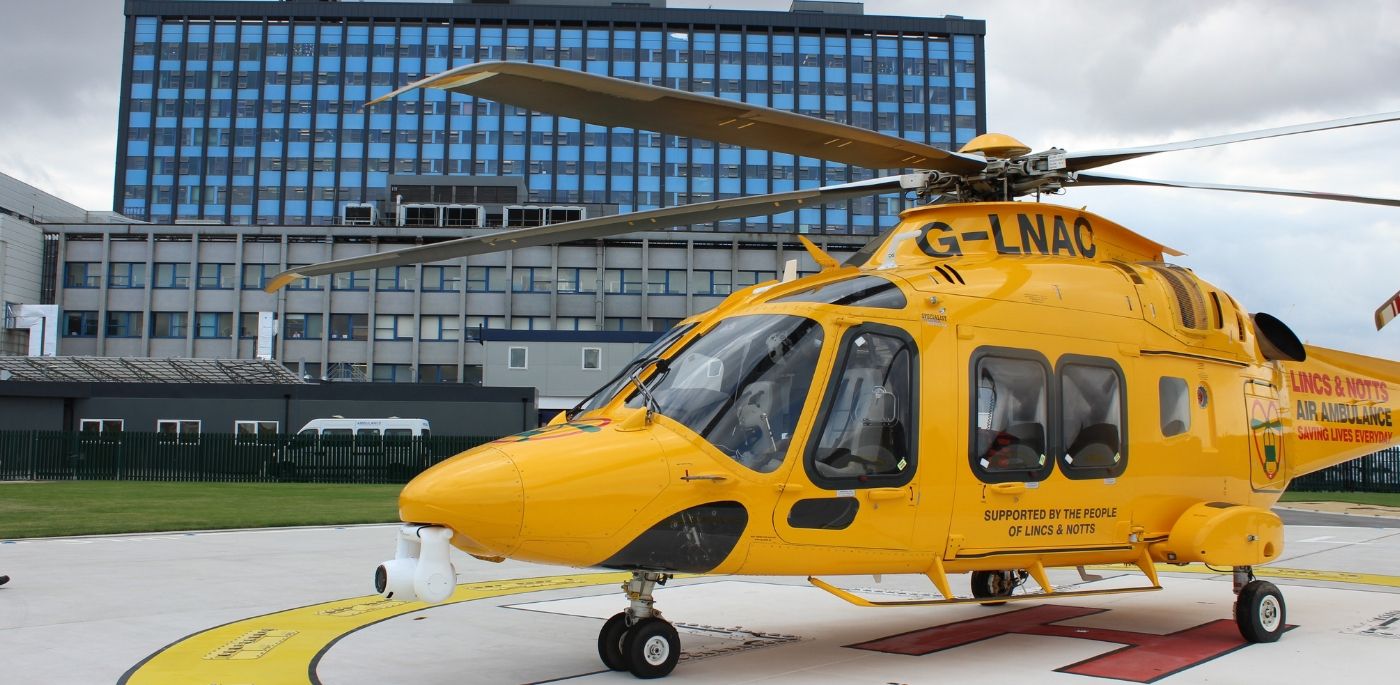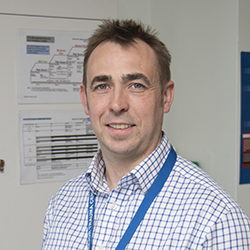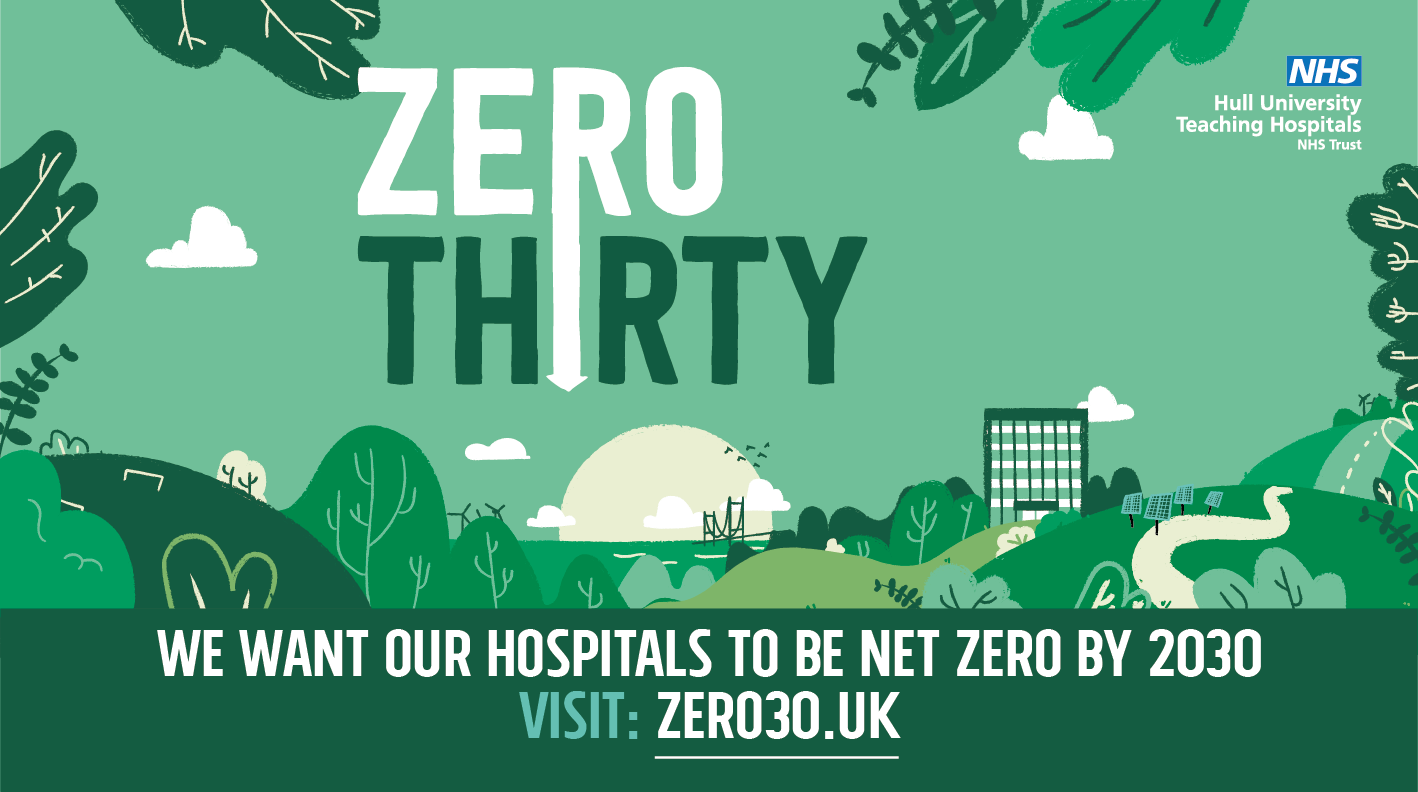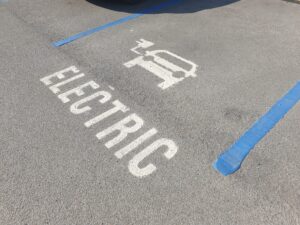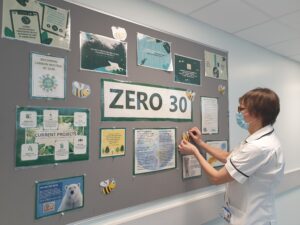Staff at Hull Royal Infirmary are urgently appealing for the community’s help to ease hospital pressures.
Hull Royal Infirmary in particular has grown increasingly busy in recent days and today finds itself under significant strain.
Pressures are being seen at both exit and entry points, with:
- Very high numbers of people attending the Emergency Department (ED)
- Lengthy waits for patients in ED requiring anything other than the most urgent attention
- A high number of patients who are ready to leave hospital but are unable to be discharged, often because they are awaiting community care packages or placements
Local people are now being asked to avoid using the Emergency Department for anything other than very urgent or serious conditions, and to use other services across Hull and the East Riding to meet their needs. This is to allow medical staff at the ‘front door’ to focus on the most critically ill and seriously injured.
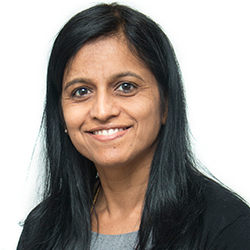
Professor Makani Purva
Professor Makani Purva, Chief Medical Officer for Hull University Teaching Hospitals NHS Trust says:
“Demands on hospital care are as high as they have ever been right now, with large numbers of people attending for walk-in care, high numbers of people requiring admission, and a high number of people who are ready for discharge but unable to leave until the right community support is in place.
“We are working with NHS and local authority partners to try and create capacity within the system but this takes time, so we’re also reviewing what non-urgent activity we have taking place and whether moves such as staff redeployment may help to ease the pressure.
“Staff are doing a great job under the circumstances, but there is something everyone can do to help our medical and nursing staff prioritise the most seriously ill in our community.
“It’s something we say often, but we really do need people to use services other than A&E where at all possible; not only will this be quicker and usually more convenient for them, it will also be a huge support to our emergency care staff, ward staff and partners in the ambulance service right now.”
Where it is felt clinically safe/suitable, patients arriving at the Emergency Department may be asked to use alternative services such as Urgent Treatment Centres where waiting times will be significantly less.
Patients should continue to seek help for routine medical complaints and non-urgent health issues through their GP surgery, local pharmacy or use the NHS111 phone or online service.
How you can help:
If you feel you need to be seen today and you are unable to get a same day GP appointment, visit an Urgent Treatment Centre (UTC) in Bransholme (within the Health Centre), Goole (within the main hospital), Bridlington (within the hospital) or Beverley (within East Riding Community Hospital, Swinemoor Lane). You will almost certainly be seen more quickly here than in the Emergency Department, so please save yourself some time and use these facilities wherever you can.
UTCs are open until late into the evening, and can provide assistance, advice and treatment for a wide variety of health problems including wound infections, rashes and allergic reactions, simple broken bones, muscle strains and sprains, cuts, bites, urine infections and minor head injuries. Some also have x-ray facilities operating between certain hours.
If you wish to attend a UTC, you can check its location, opening hours and the specific services it provides at https://www.chcpcic.org.uk/chcp-services/urgent-care
If you’re unsure where to seek treatment, call NHS111 or go online to www.111.nhs.uk The 111 service can provide advice over the phone, make UTC appointments if necessary or advise what to do if a clinician decides you need more immediate help.
Local pharmacies are also open throughout the day, and some late at night, to advise on medications, routine health complaints and provide over the counter treatments. You can find your nearest pharmacy via https://www.nhs.uk/service-search/pharmacy/find-a-pharmacy

